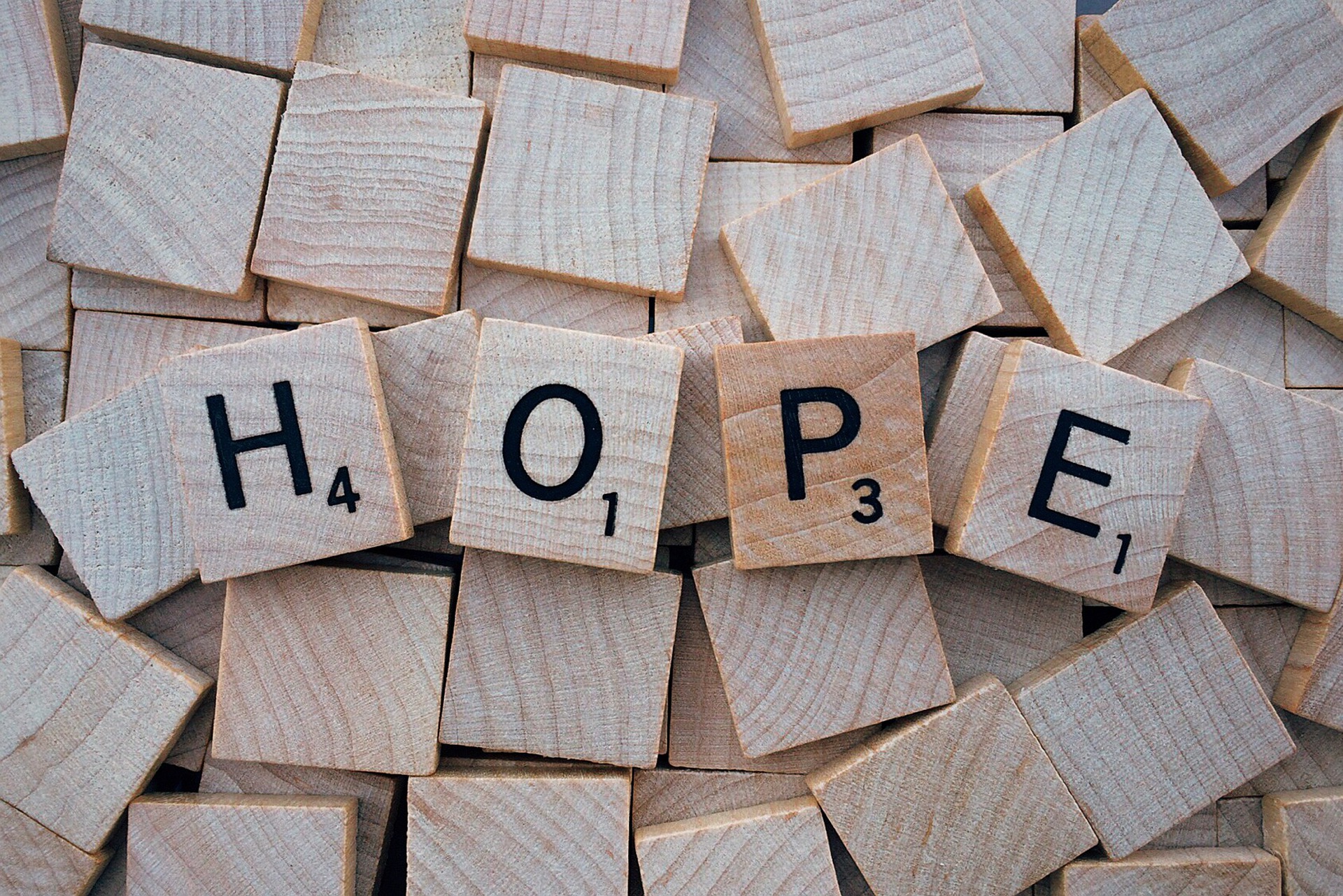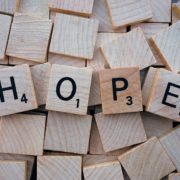Alzheimer’s Reversal – New Hope?

Image by Wokandapix from Pixabay
I’m compelled this week to use my post to provide a shortcut to some important information on the healthcare front.
Recently, Alzheimer’s became a part of my wife’s and my life. Fortunately, not with either of us nor within our immediate family.
We have been witness to the devastating effects of the disease on the wife of a dear friend, half of a couple that we have been very close to for nearly 30 years.
We had read and heard about the ravages of this affliction, but nothing prepared us for witnessing its takeover. Nor could we imagine the extent of the strain that it’s putting on the healthy partner.
No doubt there are a number of you reading this who have been similarly, or more directly, impacted and know of what I speak.
The data on the disease are frightening (Source: Alzheimer’s Association)
- 8 million living with the disease today, projected to rise to 14 million by 2050

- Someone develops the disease every 65 seconds in the U.S.
- 1 in 3 seniors dies with Alzheimer’s or another dementia
- Alzheimer’s is the 6th leading cause of death in the U.S. – more than prostate and breast cancer combined.
- 2019 projected cost: $290 billion in healthcare costs
- Early diagnosis can help, but only 16% of seniors say they receive regular cognitive assessments
I try to stay tuned into developments in the efforts to find a cure. The news just continues to go in the wrong direction. Failed drug tests, major pharmaceutical companies abandoning efforts to find a solution after billions invested. No drug yet has touched it.
That’s why I was roused by an article that was forwarded to me by a friend today that offered perhaps a new glimmer of hope. Clicking this link will take you to the Blue Zones website and a republished article that summarizes a research project done at UCLA that applied a new approach in the treatment of Alzheimer’s with striking results.
The treatment? Lifestyle modification.
Yes, you read it right. No drugs. Just a change in lifestyle centered around – wait for it – – – – –diet, exercise, stress management and sleep (sound of mic dropping!).
Have we been stepping over a dollar to pick up a dime for the last several decades with our deeply embedded bent toward pharmaceutical treatment?
Perhaps. This project offers up encouraging possibilities.
You will find a link to the actual research paper in the second line of the article. If you are the type that gets off on reading research papers, you’ll like this one, with its twelve-cylinder words and academia-speak.
I dosed two paragraphs in.
I find the possibilities from this study encouraging, but not so surprising. Dr. Walter Bortz, retired Stanford geriatric physician and a hero of mine on the disease prevention front published a provocative book in 2011 (one of seven he has written) entitled “Next Medicine”. He fundamentally advocates for “lifestyle medicine” to be the “next medicine”.
If you delve into this article and this new development consider his words:
“Man, as a rule, finds it easier to depend on the healer than to attempt the more difficult task of living wisely.”
His position, which I paraphrase, is that “ – – current medicine and capitalism equates to focus on parts and events, episodes and components. Next Medicine (lifestyle medicine) looks at whole processes and systems. Current medicine, when coupled with capitalism, peddles dysfunction, disease, and illness.”
The result, in his view, is the nation’s largest corporation: The Illness Industry.
 If there’s any doubt, count the number of drug commercials that you will experience in any given hour of TV viewing. None of which make any mention of prevention – all trying to mop up instead of turning off the spigot.
If there’s any doubt, count the number of drug commercials that you will experience in any given hour of TV viewing. None of which make any mention of prevention – all trying to mop up instead of turning off the spigot.
I’ll let you draw your own conclusions. I get it if you are skeptical of this study. How can we not be with all the reports/studies that have gone nowhere in the past? It’s a small study. It’s totally contrary to our entrenched medical mindset of “drug it or cut it out.” Big Pharma will, no doubt, tear into it.
But, as a “lifestyle medicine” advocate, I’m encouraged that it seems to further validate lifestyle medicine as the “next medicine.”
Perhaps this research project will represent a breakthrough in acknowledging that the Greeks had it right 2000 years ago with their emphasis on Hygeia (prevention) and not Panacea (cure) and begin to bring lifestyle to the forefront in disease prevention where it belongs.





Thank you for another great article! There is a really good book I discovered awhile ago. Spark – The Revolutionary New Science of Exercise and the Brain by John Ratey,MD. He has a very good section on Aging – the wise way. It is pretty easy reading. I found it to be fascinating! Looking forward to your next blog.
Candace, so glad you liked the article – thanks for your comments. We can only hope that this takes us to the edge of a truly meaningful solution for this awful disease. Oh, and thank you for reminding me of “Spark” – I read it a couple of years ago and remember it was very encouraging. You’ve motivated me to dig it out of my “basement library” and re-read it! Gary
Keep pulling us this way, Gary. (“It’s your lifestyle, ____). We need the constant reminder!
I appreciate how you consistently align choices – to include retirement choices – part of our lifestyle medicine.
Pat, these, as usual, are very encouraging comments. Thanks a bunch for your ongoing support, input, and sharing of wisdom.
Thanks for another informative site. Where else could I get that type of information written in such an ideal way? I’ve a project that I’m just now working on, and I’ve been on the look out for such information.
F*ckin’ remarkable things here. I’m very happy to peer your post. Thank you so much and i’m looking forward to touch you. Will you please drop me a mail?